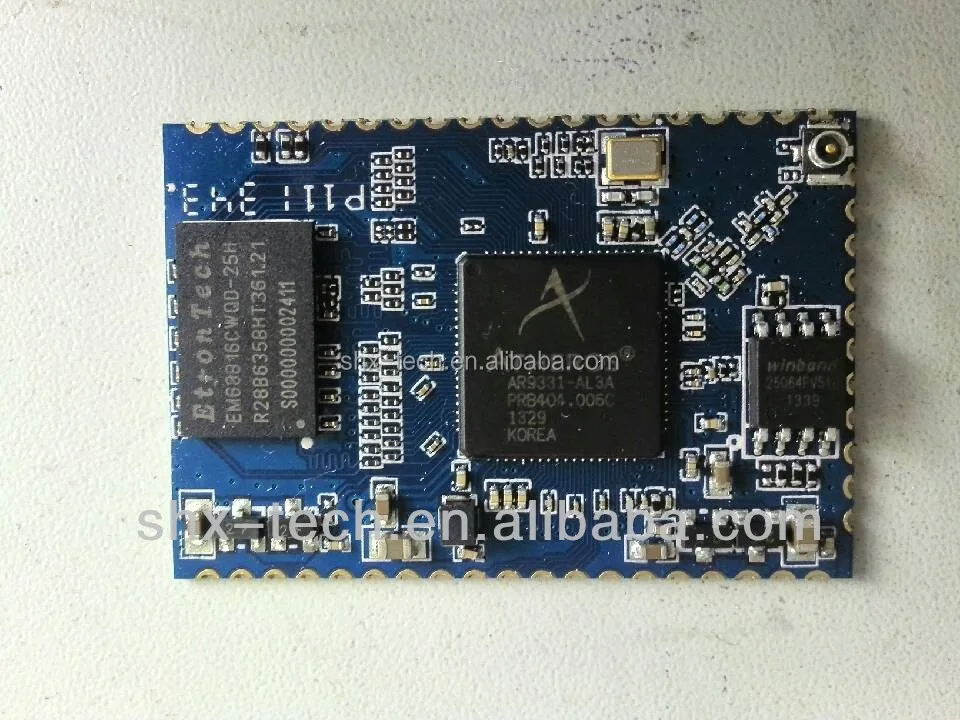Atheros Module
Also works on Karmic - see below

Atheros drivers tend to follow a lineage of hardware families and as they progress pick things up from one family or another and sometimes keep things the same. So hardware or EEPROM layouts can share certain characteristics and the same code can be reused through different hardware families. Shared module for Atheros 802.11 drivers.
Atheros Model Ar5b125 Windows 7 Driver
If the method described in this section doesn't work for you, try the alternate method using 'madwifi' and 'ath_pci' described below.
Look for the ath5k module, located in the package linux-backports-modules-intrepid. Install the package using either Synaptic or apt-get, and make sure it is activated on System/Administration/Hardware Drivers.
Note: For 9.10 substitute linux-backports-modules-karmic,
- The package provides the installation files for Qualcomm Atheros Bluetooth USB Module Driver version 10.0.0.468. If the driver is already installed on your system, updating (overwrite-installing) may fix various issues, add new functions, or just upgrade to the available version.
- Authorized Design Centers have expertise spanning RF design and RTOS and driver development. Silex Technology has developed Wi-Fi modules based on Qualcomm Atheros radios for almost ten years and have been an Authorized Design Center.
Follow the steps below only if ath5k module did not work. This may be the result of a conflict with either ath_hal or ath_pci, or ath5k might be blacklisted somewhere. So:
1) Hit 'alt+f2' to run a command and type:

And add the following lines to the bottom of the file:
Reboot. If it's still not working than it is very likely you have ath5k being blacklisted somewhere. Blacklisting may have occurred if you are coming from a Hardy upgrade and/or did not uninstall the madwifi driver before doing this. So try the following, but Be Extremely Careful - this next command opens nautilus with root privileges, which can change and/or damage any file on the system.
2) Hit 'alt+f2' to run a command and type:
And navigate to
Now check each and every file for a line that looks like:
And just add a '#' character at the beginning of the line, thus commenting it. You might probably find this case on a file named 'madwifi'.
2.1) Alternatively, to quickly find where ath5k is being blacklisted, you can open a terminal (Applications/Accessories/Terminal) and type:
Just remember you need to just comment lines that have 'blacklist ath5k'.
This solution is based on this thread on the forums: http://ubuntuforums.org/showthread.php?p=6089169
If after all the above you see a network but cannot connect
You might want to try changing the WPA Supplicant on your network manager to wext. On wicd it's the first option when you go into Preferences.
If after everything you don't see your network
Remember that you might be trying to connect to an access point that is not broadcasting its name (hidden SSID), which is a separate issue and can be checked by enabling SSID broadcast on the access point.
sudo lshw -C network
I found the following things helpful:
1) https://bugs.launchpad.net/bugs/182489
2) http://madwifi-project.org/ticket/1192
3) The wireless LED on my laptop does not work in linux. I may have pressed the wireless button while troubleshooting and turned off wireless without knowing it. So while fiddling around, I may have installed the right driver but not known it.
The following method was described in the Ubuntu Forum thread http://ubuntuforums.org/showthread.php?t=1309072. Sections of this thread are quoted below. If you run into trouble, looking at the details of that thread may be helpful.
Dr. P.J. Kurian posted the following information (edited here):
Hi guys! In this thread you will find the instructions for installing the madwifi drivers for Atheros wireless cards. Please follow the instructions exactly.
Open the terminal by navigating through Applications-->Accessories--> Terminal.
Now type the following commands in the terminal window:
Now uncomment anything in that file that starts with deb by changing it from #deb to deb or something along those lines. To exit and save your changes, hit CTRL+X. Then answer 'YES' to 'Do you want to save?' and hit ENTER.
Now type the following commands:
Restart your machine. Your wireless connection should work now.
optional: I use wicd to connect to the wireless modem. To install wicd type the following commands in a terminal window:
Warning about kernel updates
Kernel updates of your system will kill your driver, so you'll need to recompile it. Type the command sudo -i into a terminal window and just repeat the last three steps. Your madwifi will come back to life.
Additional step for kernel 2.6.32.22 and later
Kernel 2.6.32.22 changed the default for the rfkill parameter of ath_pci from 0 to 1, which had the effect of killing the methods described above. You'll need to make sure that it's set back to 0 on system startup. To do that, edit (or create) the file /etc/modprobe.d/options.conf to include the line
Your wireless should work after you reboot.
(Edited 2010-05-15 to remove advertising spam links)